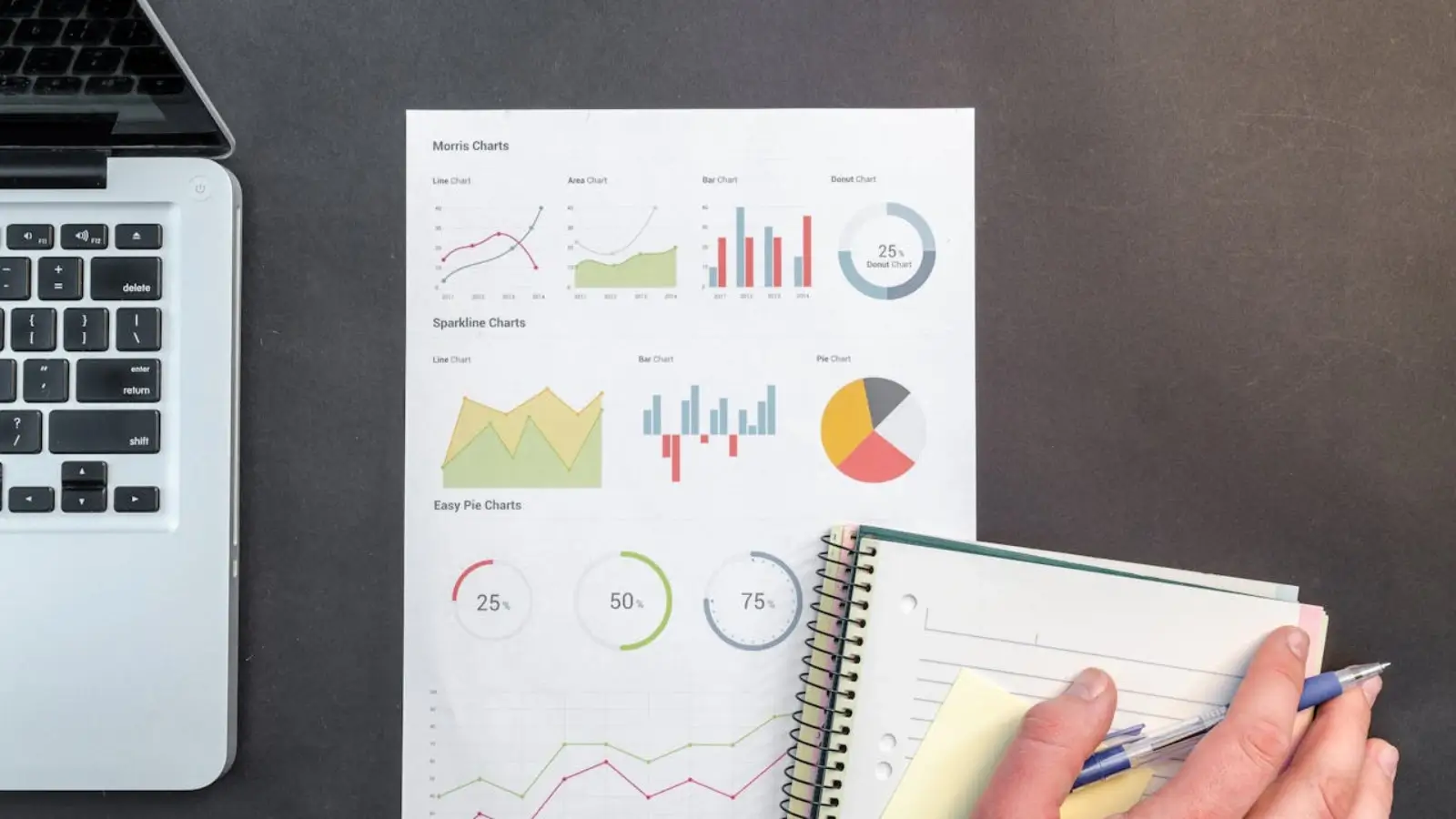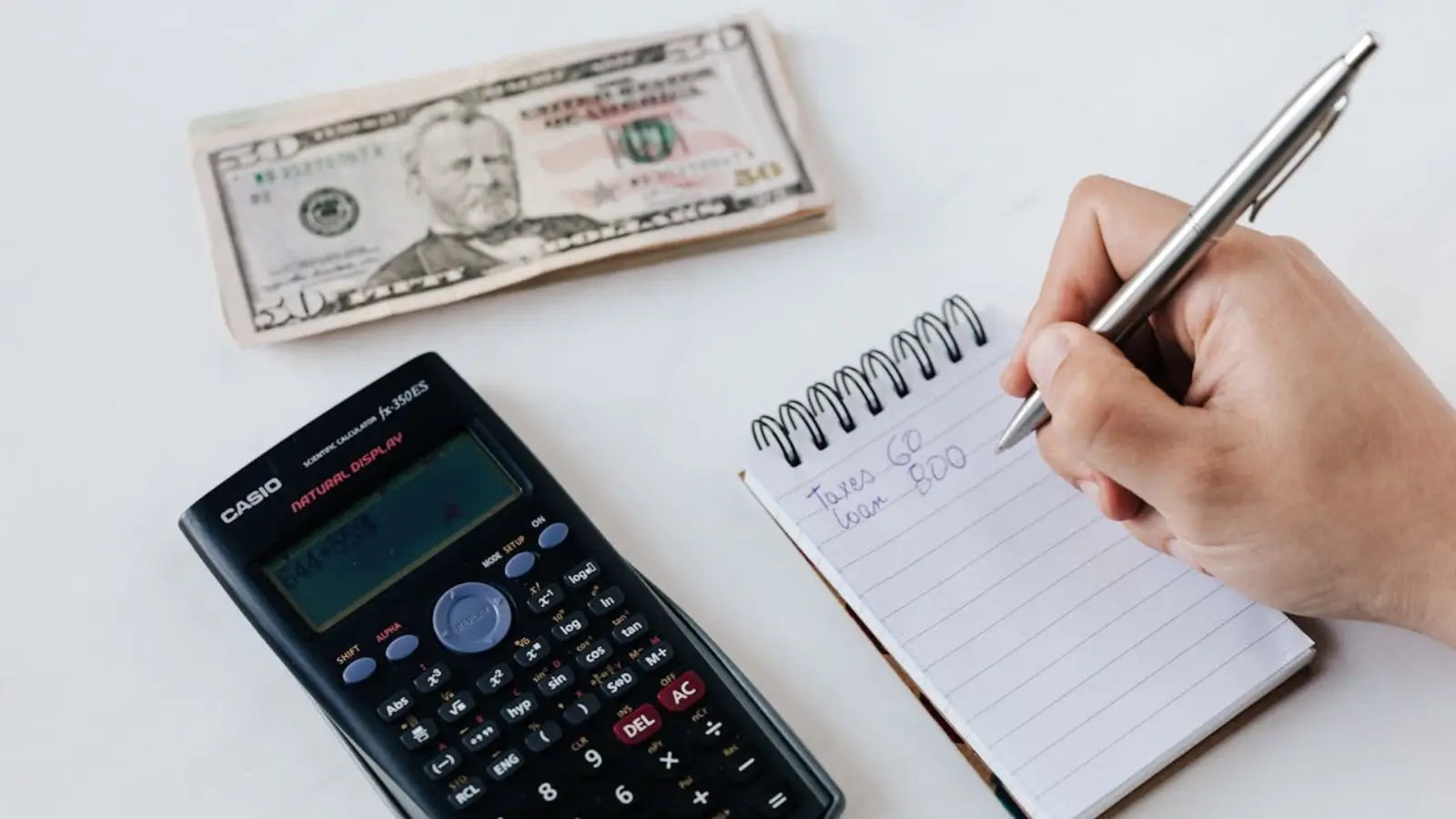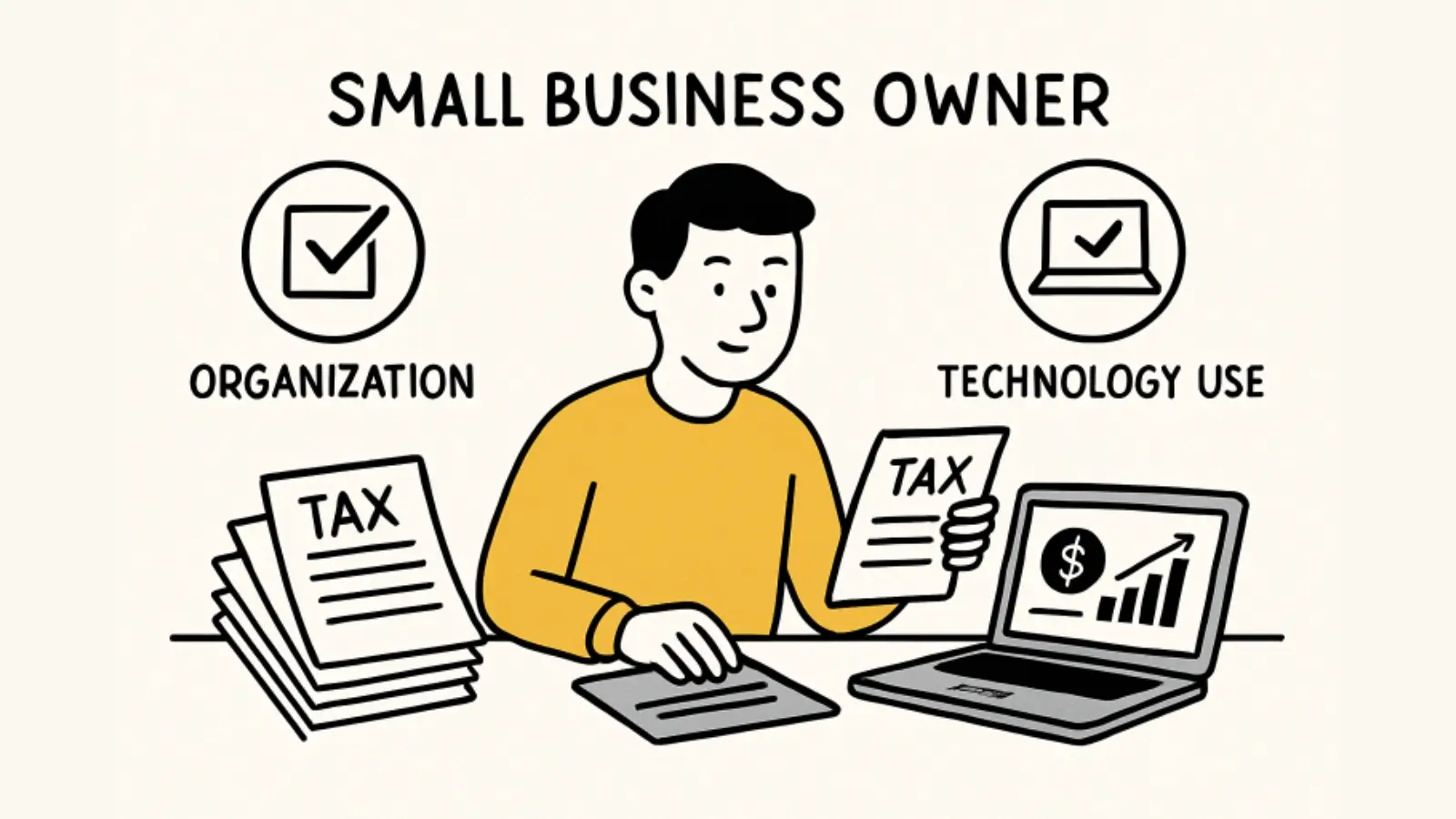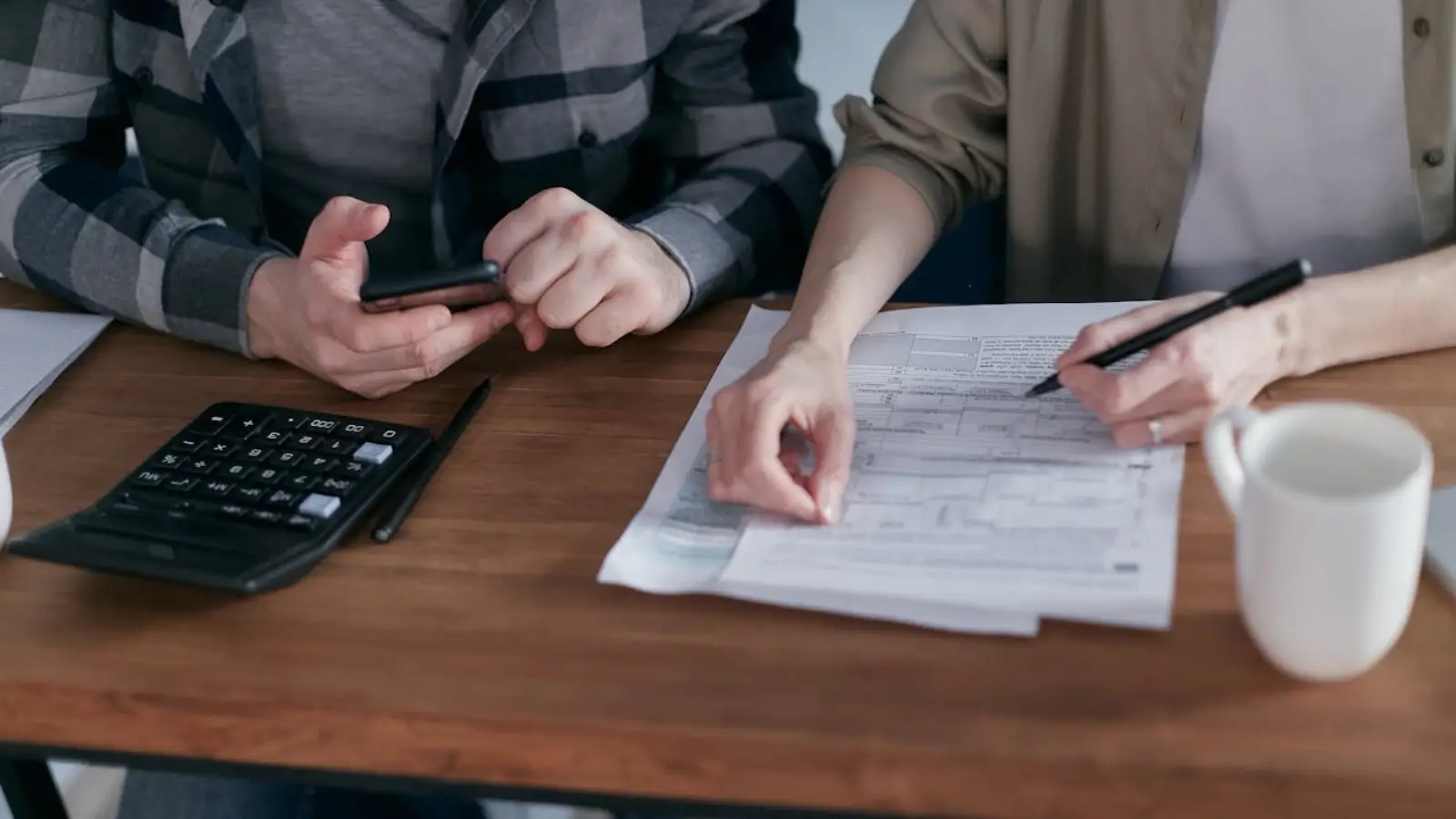Thinking about the future can feel overwhelming, especially when it comes to money. You might wonder if you're saving enough, investing wisely, or even heading in the right direction at all. The good news? You don’t need to have a finance degree or a massive income to build long-term financial security. What you do need is a clear plan and a willingness to start where you are.
Most people assume that financial security means chasing high returns or following complicated investment strategies. But in reality, stability often comes from small, steady steps that add up over time. Whether you're just starting or looking to improve your current habits, the key is consistency. You don’t have to do everything all at once, but starting today can make a huge difference in where you land tomorrow.
The best part? There are simple tools you can use right now to start building your financial foundation, tools that don’t involve high risk or complex decisions.
Start Small and Stay Steady: The Power of Safe, Reliable Investments
Before diving into any financial strategy, it’s important to understand that not all investment options are created equal. While some people enjoy the thrill of the stock market, others prefer a more secure path, especially when just starting. One of the simplest and most reliable ways to begin growing your money is by investing in local bank CDs and IRAs.
Certificates of Deposit (CDs) are fixed-term savings accounts that typically offer higher interest rates than standard savings accounts. When you put money into a CD, you agree to leave it untouched for a set period, usually several months to a few years, in exchange for a guaranteed return. IRAs, or Individual Retirement Accounts, are designed to help you save for retirement while offering tax advantages that can benefit you now or later, depending on the type you choose.
Local banks can be especially helpful when starting with CDs and IRAs. They often provide personalized guidance, flexible term options, and lower minimum deposit requirements. By working with a bank in your community, you get the added benefit of accessible customer service and support from people who understand your financial goals. Whether you're planning for retirement or just trying to build a solid financial cushion, these tools are a smart, low-risk way to get your money working for you.
Build a Budget You Can Actually Stick To
If you're serious about long-term financial stability, creating a workable budget is a must. Think of your budget as a roadmap. It shows where your money is going and helps you figure out how to reach your financial goals. You don’t need fancy spreadsheets or budgeting apps to get started. All you really need is a clear picture of your income, expenses, and what you want to save.
Start by listing out your essential monthly expenses, including things like rent or mortgage, utilities, groceries, and transportation. Then, factor in any non-essential spending such as dining out, subscriptions, or shopping. Once you’ve got everything down, look at how much you can realistically put aside each month.
A good rule of thumb is the 50/30/20 method: 50% for needs, 30% for wants, and 20% for savings or debt repayment. But every household is different. What matters most is creating a system you can maintain. Once you have a budget that works, it becomes easier to plan for savings, set goals, and avoid unnecessary debt.
Create an Emergency Fund That Gives You Peace of Mind
Unexpected expenses are a part of life. Whether it’s a medical bill, car repair, or job loss, having a financial safety net can protect you from going into debt during tough times. That’s where an emergency fund comes in.
An emergency fund is a separate savings account you only tap into when something truly unexpected happens. Financial experts often recommend saving enough to cover three to six months of essential living expenses. That might sound like a lot, but you don’t need to build it overnight. Even setting aside $25 or $50 a week can make a difference over time.
The key is to keep your emergency fund in a place that’s easy to access but separate from your everyday spending. A high-yield savings account is a good option. Avoid investing your emergency savings in stocks or long-term accounts like CDs. You want to be able to access the money quickly if you need it.
Knowing you have a backup plan offers more than just financial protection. It gives you peace of mind, which is priceless when you’re working toward long-term goals.
Set Clear Goals with a Realistic Timeline
Saving without a goal can feel like a chore. But saving with a purpose? That’s a whole different story. When you set clear financial goals, you’re more likely to stay motivated and make smart choices.
Think about what you want your future to look like. Do you want to buy a home? Travel more? Retire early? Fund your child’s education? Each of these goals comes with its timeline, and that affects how you should plan for it. Short-term goals, like a vacation next year, may require a different savings approach than long-term goals like retirement.
Once you identify your goals, break them down into manageable milestones. If you’re saving for a $10,000 down payment on a house, figure out how much you need to save each month to get there in two or three years. For retirement, decide how much you can contribute to an IRA each year, and consider increasing the amount over time as your income grows.
CDs can work well for medium-term goals, while IRAs are excellent tools for long-term retirement planning. When you match the right savings product with the right timeline, you create a more effective and focused strategy.
Stay Educated, But Don’t Overcomplicate It
There’s no shortage of financial advice out there. From blogs and books to podcasts and social media influencers, information is everywhere. However, having too much information can be overwhelming and may cause you to feel stuck, making it harder to take any action at all.
You don’t need to become a financial expert to manage your money well. What you do need is a willingness to keep learning. Set aside time each week or month to read a short article, watch a video, or even meet with a financial advisor. Choose resources that match your current financial stage, and don’t be afraid to ask questions.
Just remember: simplicity beats complexity when it comes to building sustainable habits.
No one knows exactly what life will bring, but when you have a financial plan in place, you’re better prepared for whatever comes next. And it all starts with one decision to take that first step.
So today, instead of worrying about what you haven’t done yet, focus on what you can do now. Every small move forward brings you closer to the kind of financial freedom that doesn’t just last, it grows.
You don’t need to be rich to be secure. You just need to begin.

















